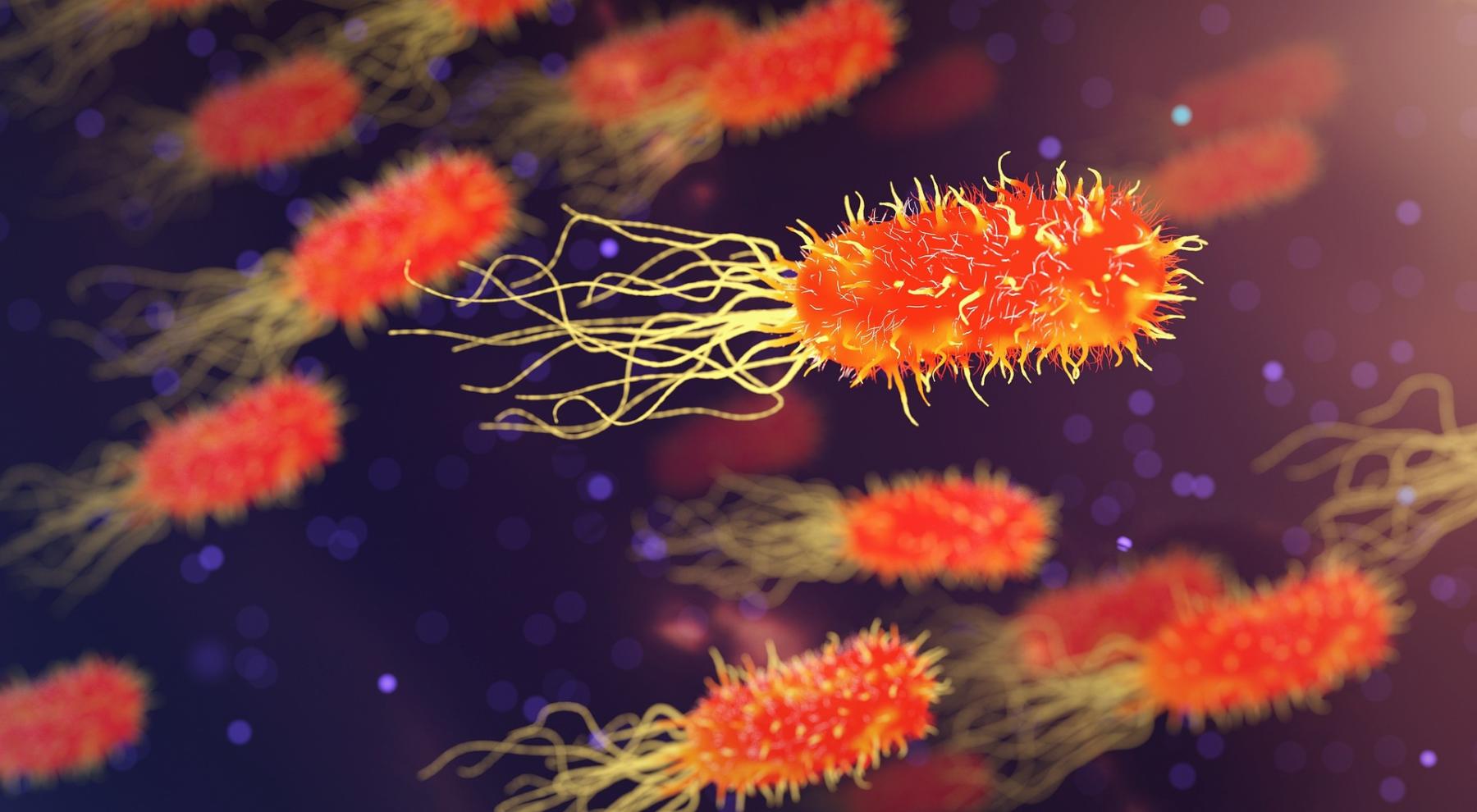
Planarian Regeneration
by Tonya Page
In this engaging lesson, students will explore human regenerative medicines through the planarian's ability to regenerate. Planarians have specials cells that allow themselves to modify and regrow into any kind of cell necessary technically classifying them as immortal if they are continuously dissected and regenerated. Students will learn and explore other animals, including humans, that also have regenerative superpowers. This lesson comes to life when you integrate the novel, "How to Eat Fried Worms" and add hands-on worm dissection and observation.
Lesson Grade Level
3rd GradeLesson Plan Link/URL
https://docs.google.com/presentation/d/1va64p8rtwtXW4s7rv3EHt4uT-tT6Xexd/edit?u…Subject Area
Science Life Science L1: Cells L2: Organisms & Energy Engineering S4: Apply Science to Engineering Mathematics Measurement and Data (MD) The Number System (NS) English Language Arts (ELA) Reading (Literature) Reading (Informational Text) Writing
Featured
On
Related Content

Grades:
Kindergarten, 1st Grade, 2nd Grade, 3rd Grade, 4th Grade, 5th Grade, 6th Grade, 7th Grade, 8th Grade
Most students are likely familiar with popular films like Happy Feet, Surf’s Up, Penguins of Madagascar, and classic books like Mr. Popper's Penguins. Capitalizing on this familiarity with penguins

Grades:
3rd Grade
This lesson is about exploring Arizona's state bird, the cactus wren, that lives in the desert, has special body parts and behaviors that help it survive in its harsh environment. Students will learn

Grades:
3rd Grade
This lesson provides the students an opportunity to learn hands-on. They work as a worm biologist or Annelidologist, observing how the external features of the worm, such as its segmented body and